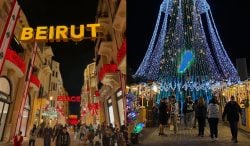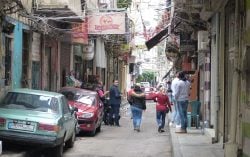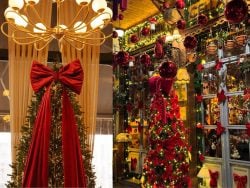Bokja: The Peculiarity of Design
Tucked away in one of the many corners of Saifi Village is one of the most unexpectedly endearing places in all of Beirut. Bokja (pronounced “Boke-Jah”), a store built on the foundations of inspiration and creativity, has grown from what once was the most impromptu of ideas into a striking venture that now flourishes all across the globe.
Sitting down with brains behind Bokja, Hoda Baroudi and Maria Hibri, I was allowed a rare insight into the spark that kindled the brand into what is now an internationally renowned home décor company.
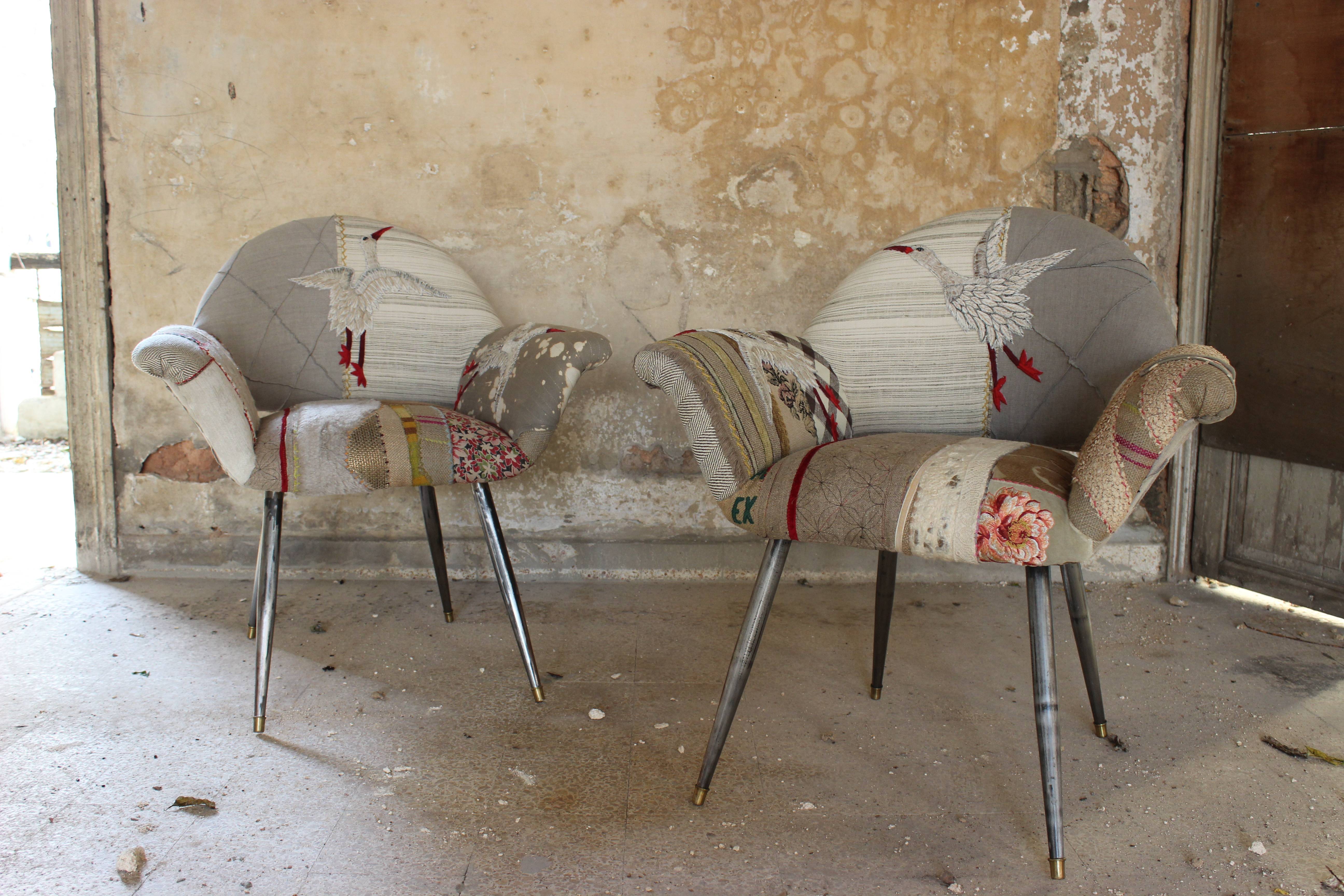
Before you even step into the shop, the implication behind the name charms the romantic adventurer inside you. “Bokja is a woman’s story,” explained the pair. Bokja’s namesake is originally a Turkish word that describes a fabric used to carry a bride’s dowry. “It can be very, very simple,” they said. “Or it can be embroidered and embellished with gold and jewels.”
The originally-Lebanese duo had always been fond of vintage textiles, particularly from the Levant and countries around the Silk Road, so the name struck a certain chord with them. “It’s a woman’s life. From the moment she marries, her dowry is part of her bokja. She carries it with her until her death, where she is then wrapped in and buried with it.”
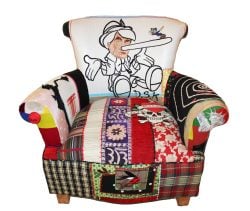
Following with the theme of the name, the Bokja Design creators strive to design and create pieces that will last their customers a lifetime. The designs, while certainly unusual, have been received with extreme praise world-wide.
Some of Bokja’s most famous customers include actresses Julia Roberts, Kate Hudson, Sandra Bullock, and Salma Hayek. Customers beyond the realm of Hollywood include designers Matthew Williamson and Manolo Blahnik. Despite their immense success, however, Baroudi and Hibri refuse to open stores internationally. “We aren’t a franchise. We sell our merchandise in select stores across the globe, but Bokja started in Lebanon, and we’d like to keep it here.”
Perhaps the most striking aspect of Bokja is the eclectic and morally-resonating implications behind its design. “We’re capricious,” they admitted with a laugh. “We take fabrics that shouldn’t be together, and make them into a harmony.”
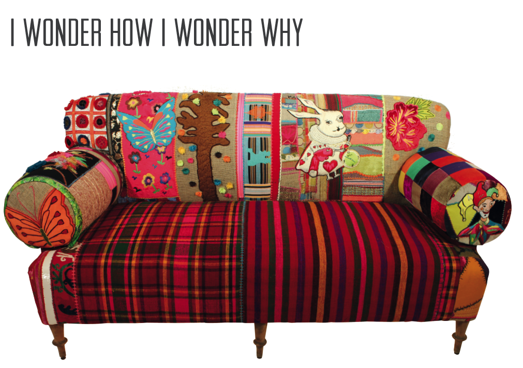
Many of the Bokja designs also carry political implications. “We’ve no intentions to make any political statements, per say,” said Hibri. “It’s not an opinion. But if there’s something going on, let’s talk about it.” One of their most recent designs, “Migration Desert Roses” (seen above), was designed with the regional situation in mind. With the immigration of Syrians to Lebanon, Hibri and Baroudi hoped that their design would elicit a sort of “dialogue” with their customers.
Migration Desert Roses, among other cleverly (and unintentionally, according to the two) satirical pieces strike a resounding statement in the Middle Eastern world of fashion. With Bokja, customers can satisfy both their eclectic fashionista and political dinner guests all in one go. With the added bonus of it being native to Lebanon, I wouldn’t be surprised if Bokja has secured its place in Saifi Village for years to come.
